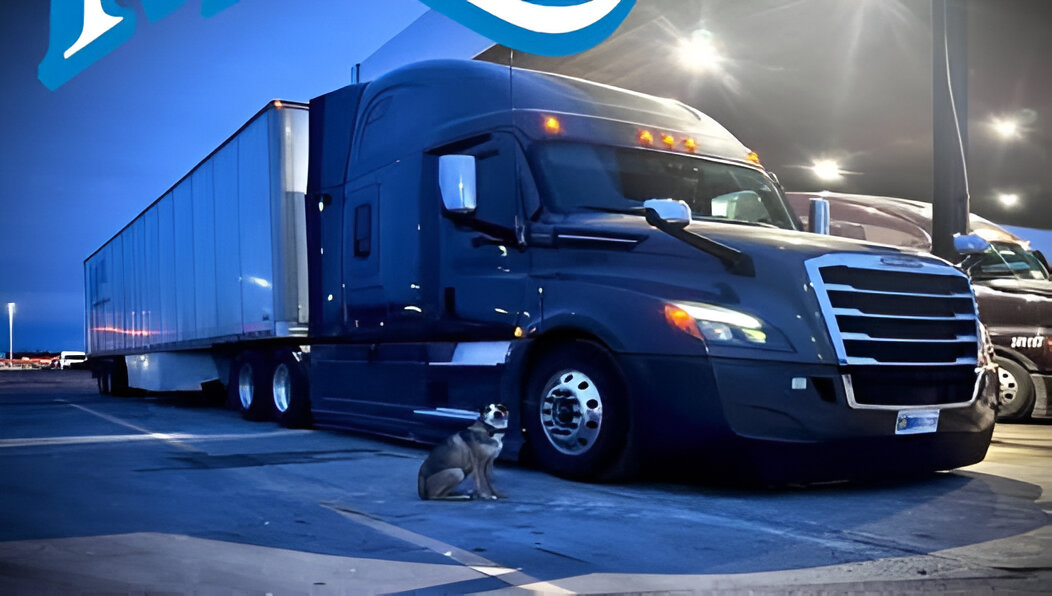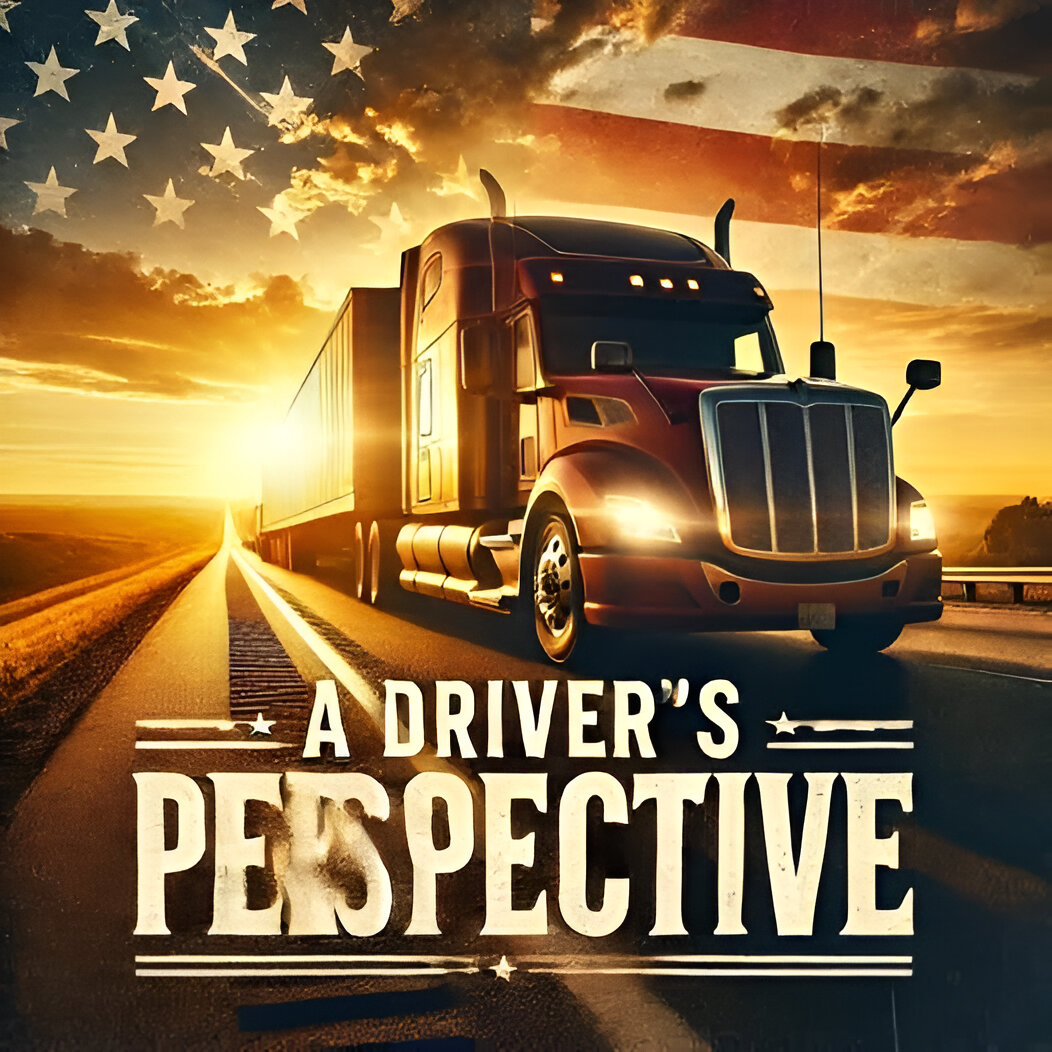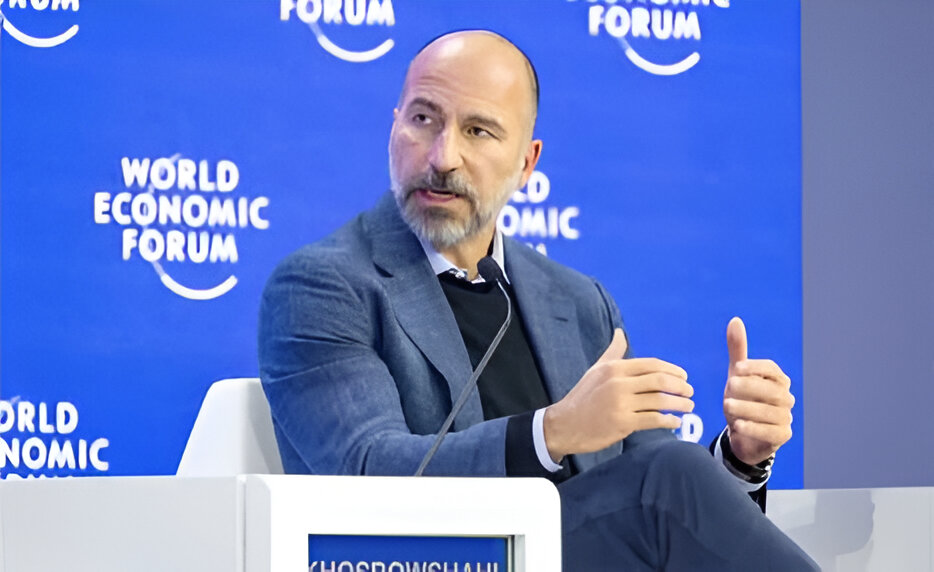
- Tuesday Feb 19, 2025
- Will Cook
 – WHAT ARE THEY HIDING? –
– WHAT ARE THEY HIDING? –
( Broker Transparency )
As of February 18, 2025, the debate over broker transparency in the trucking industry has intensified, with recent regulatory proposals aiming to address long-standing concerns from drivers and carriers.
Current Developments in Broker Transparency
The Federal Motor Carrier Safety Administration (FMCSA) has reopened the comment period for its “Transparency in Property Broker Transactions” notice of proposed rulemaking. This decision, announced on February 18, 2025, responds to requests from industry stakeholders seeking more time to provide input on the proposed amendments. The comment period will remain open through March 20, 2025. 
The proposed amendments aim to reinforce broker transparency for motor carriers by:
1. Electronic Record-Keeping: Requiring brokers to maintain records in an electronic format to facilitate easier access and review.
2. Detailed Transaction Records: Mandating that records include comprehensive details of all charges and payments related to each shipment, ensuring full visibility into the financial aspects of transactions.
3. Obligatory Disclosure: Imposing a regulatory duty on brokers to provide transaction records to involved parties, shifting from the current framework where access is often waived or obstructed.
4. Timely Access: Requiring brokers to furnish requested records within 48 hours, ensuring timely resolution of disputes and fostering trust in broker-carrier relationships. 
Brokers’ Opposition and Potential Underlying Motives
These cases highlight how a lack of transparency can facilitate unethical practices, leading to inflated costs for shippers and reduced earnings for carriers. The proposed transparency regulations could potentially unveil such practices, providing a plausible explanation for the brokers’ resistance.
The Role of Shippers in Broker Compensation
The proposed regulations aim to shed light on these financial flows, ensuring that all parties are informed and that compensation structures are fair and reflective of the services provided.
Conclusion
The push for broker transparency is not merely a regulatory formality but a necessary step toward fostering ethical practices within the trucking industry. By implementing these measures, the FMCSA seeks to create a more equitable environment where carriers are fairly compensated, shippers are accurately charged, and brokers operate with integrity. The resistance from brokers, while notable, underscores the transformative impact these regulations could have in unveiling and rectifying entrenched financial malpractices.

LEASE PURCHASE- PROGRAMS ( TLTF? )
From A Driver’s Perspective, the question of whether lease-purchase programs in trucking help drivers achieve ownership or trap them in debt remains highly debated.




